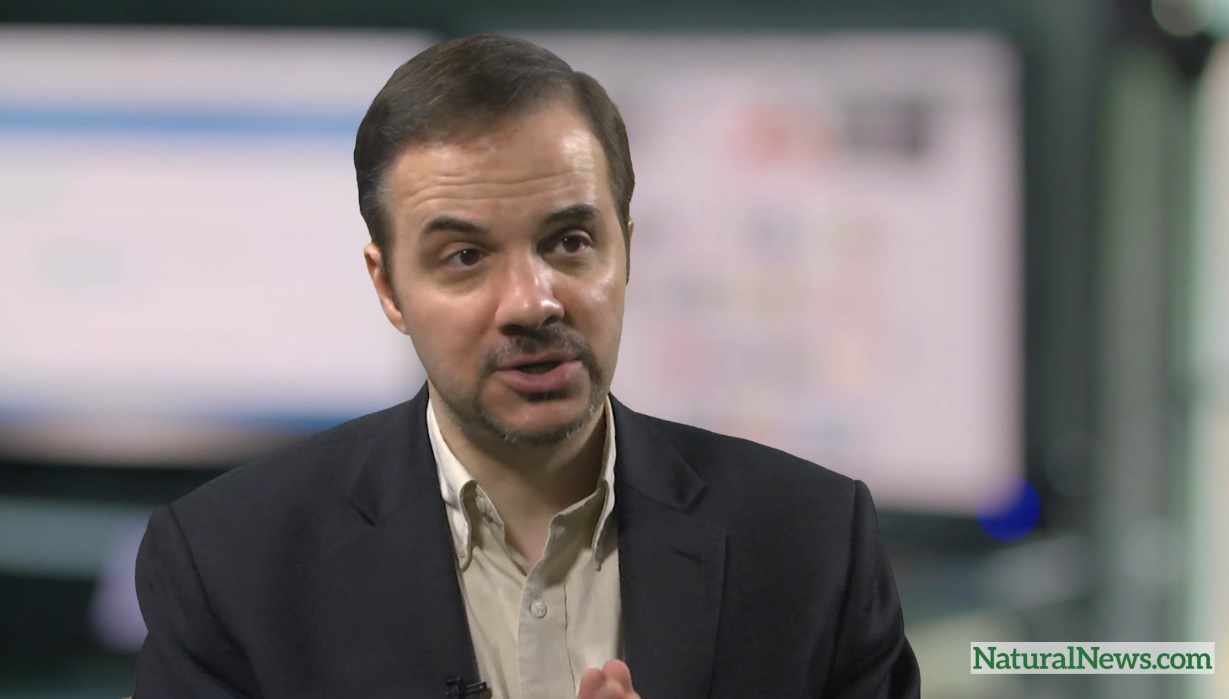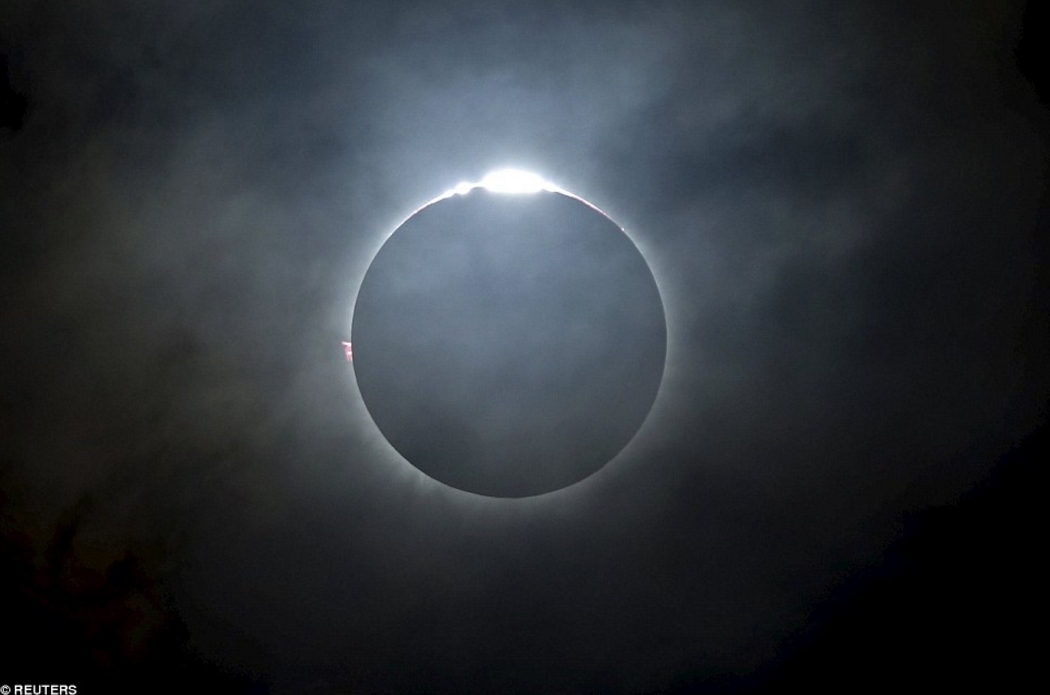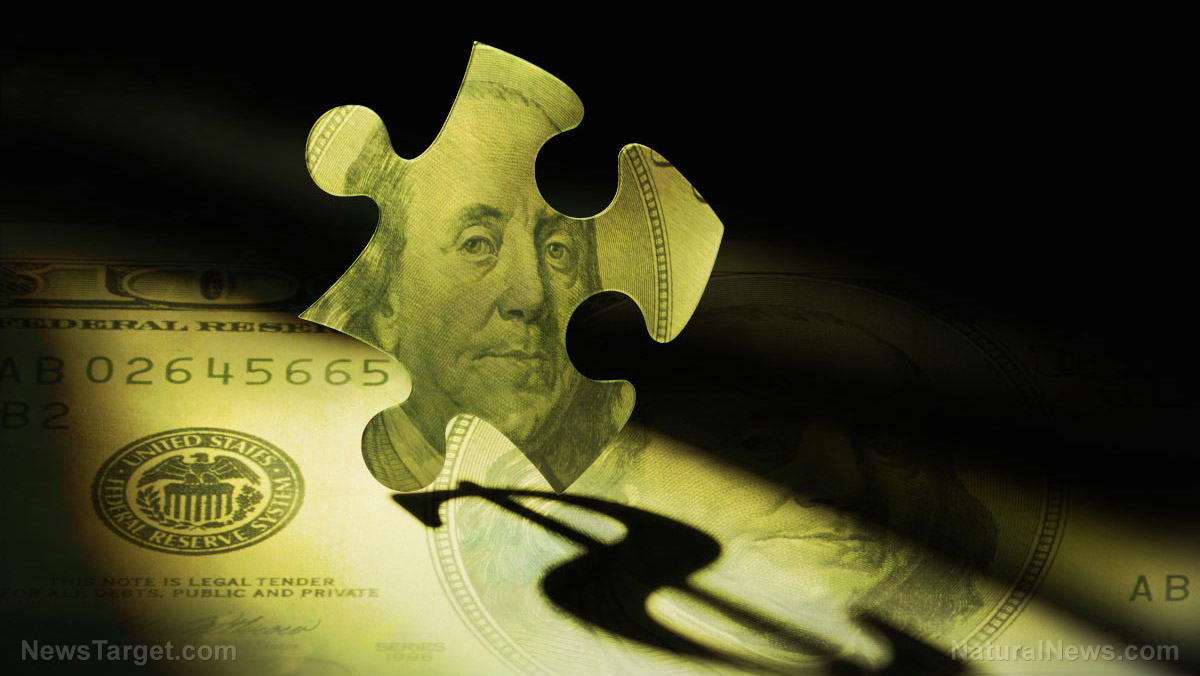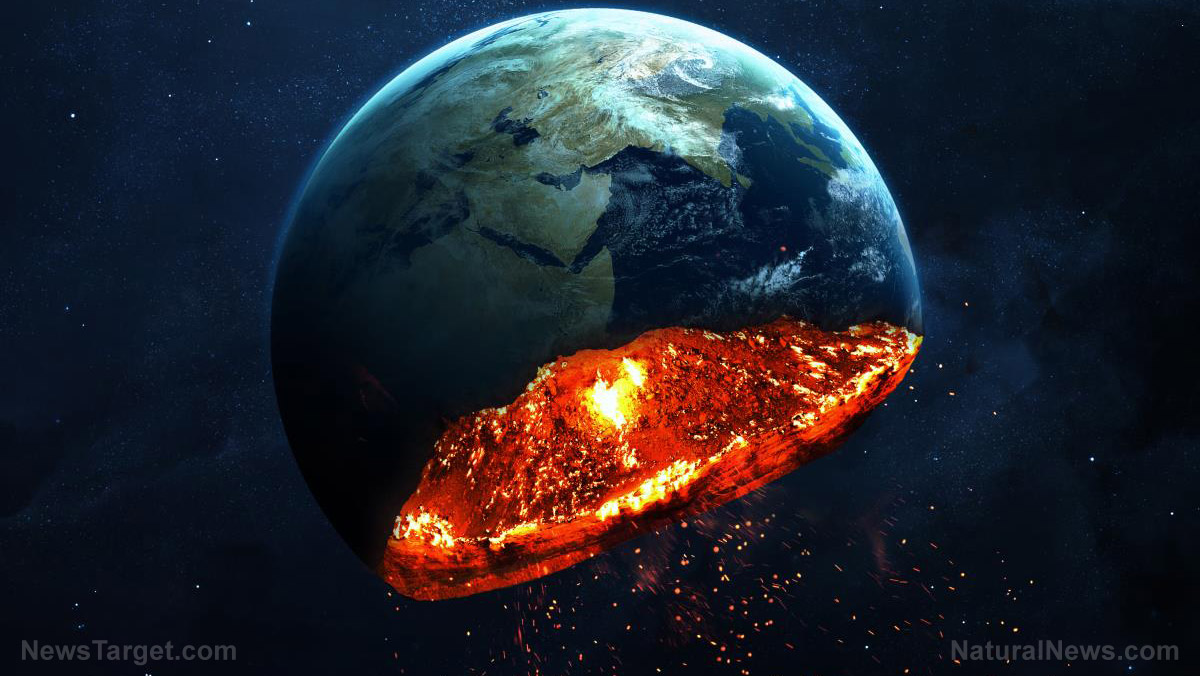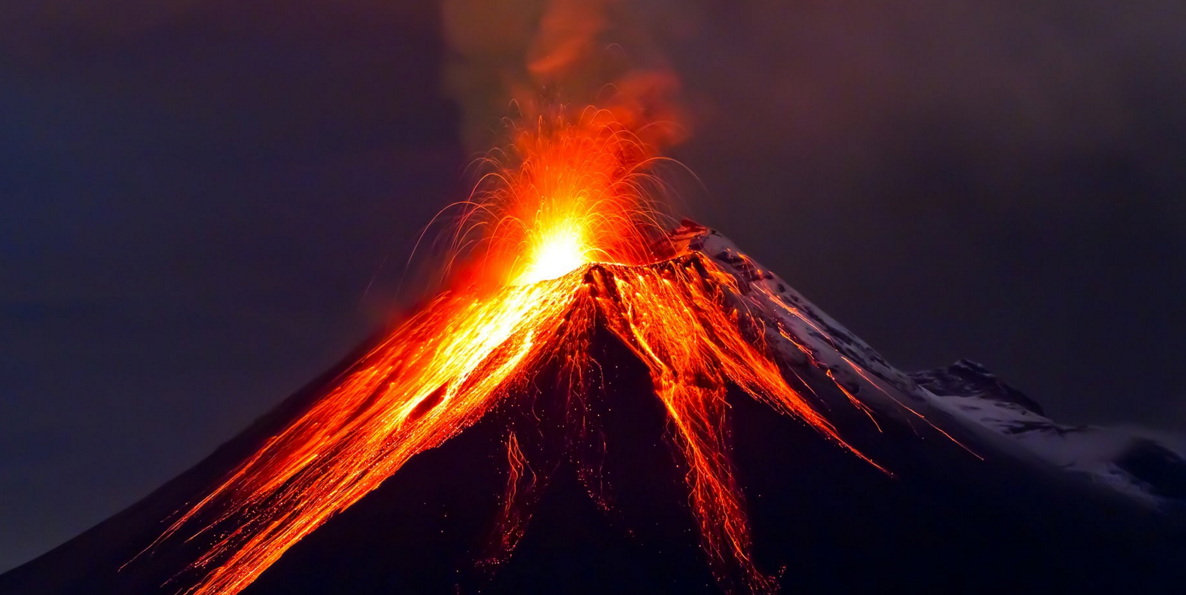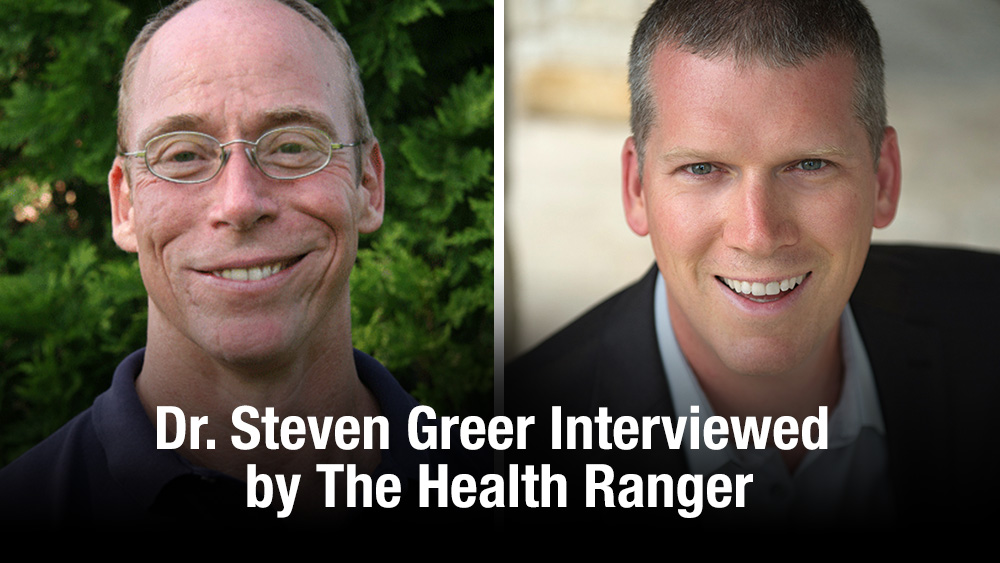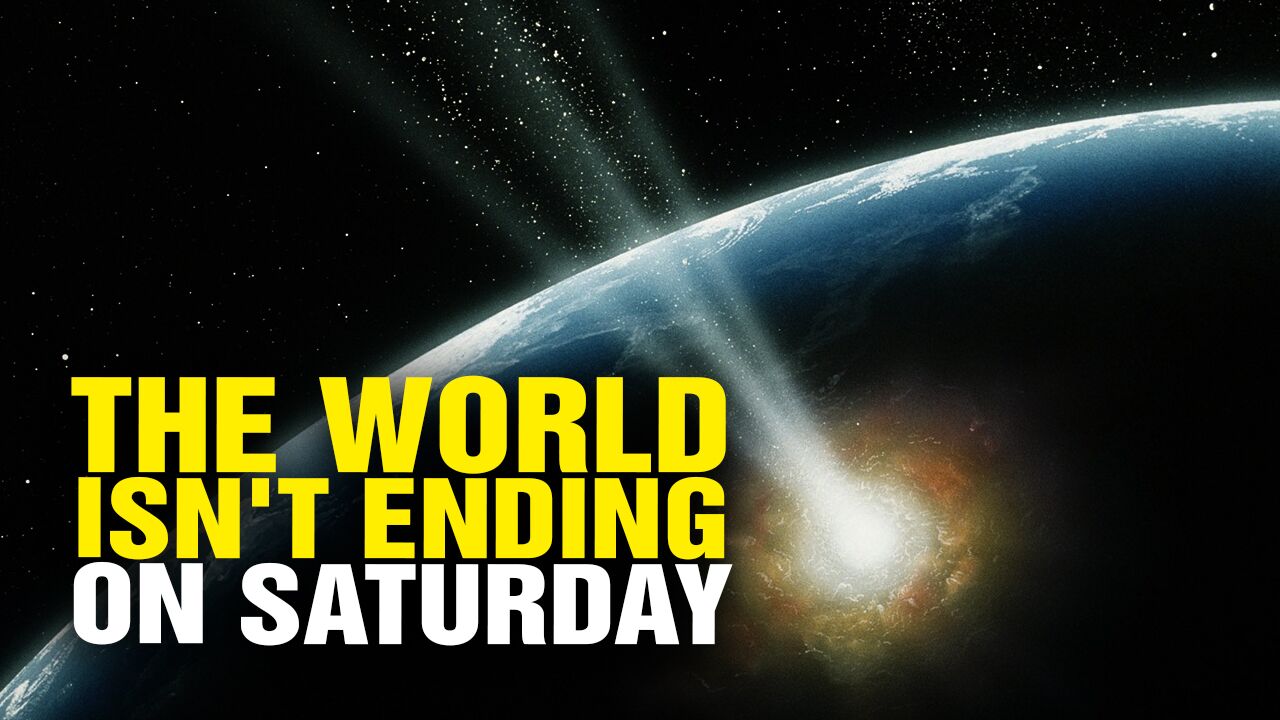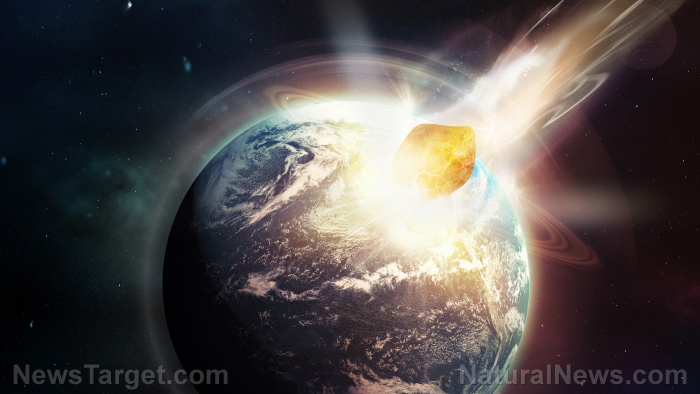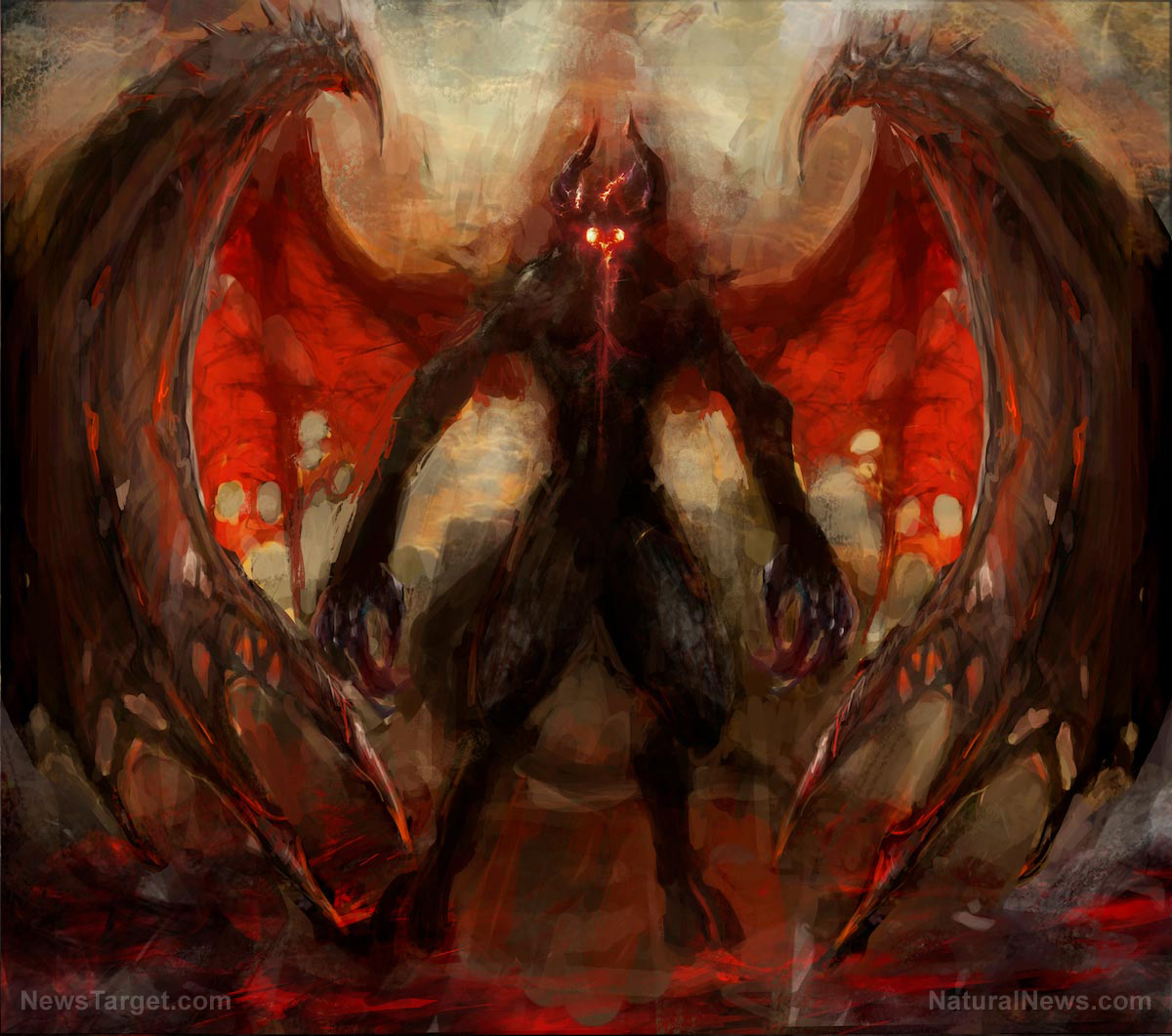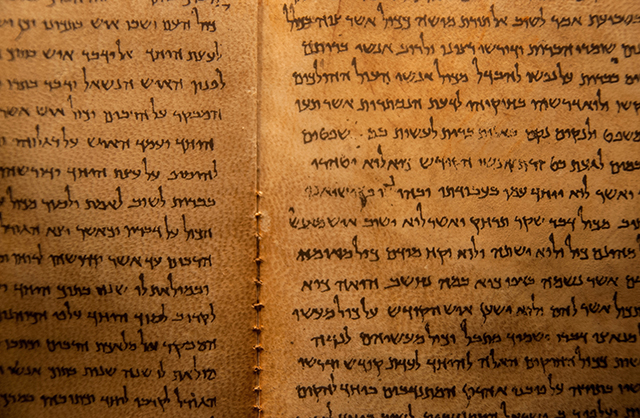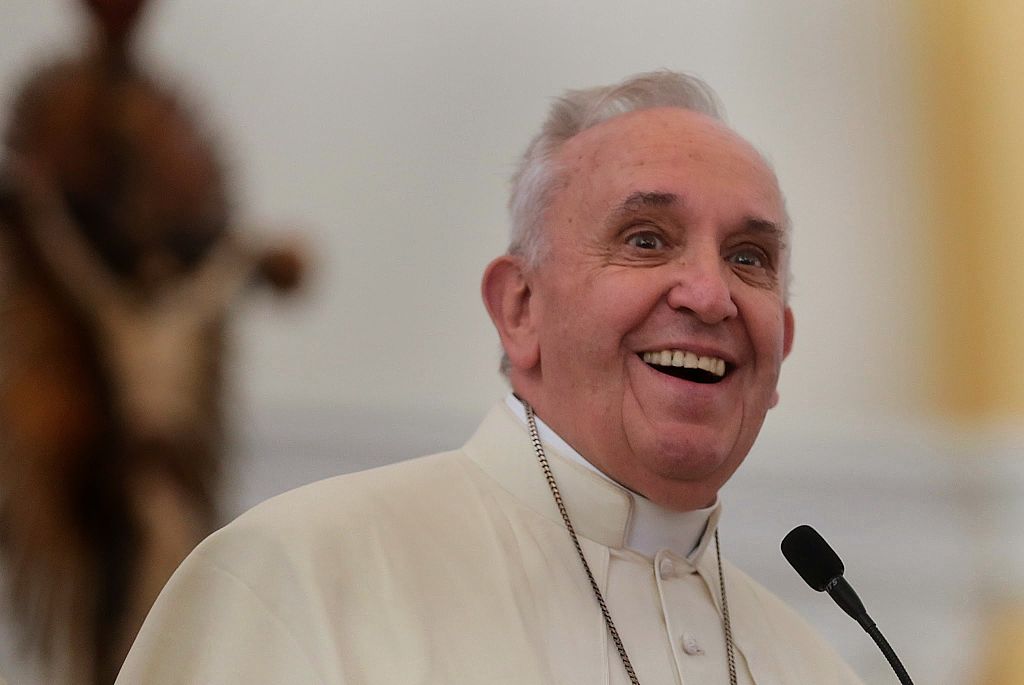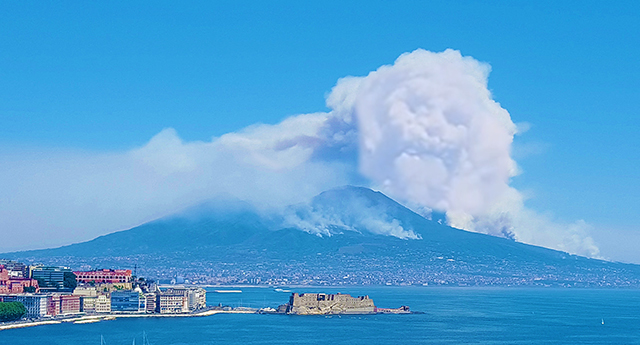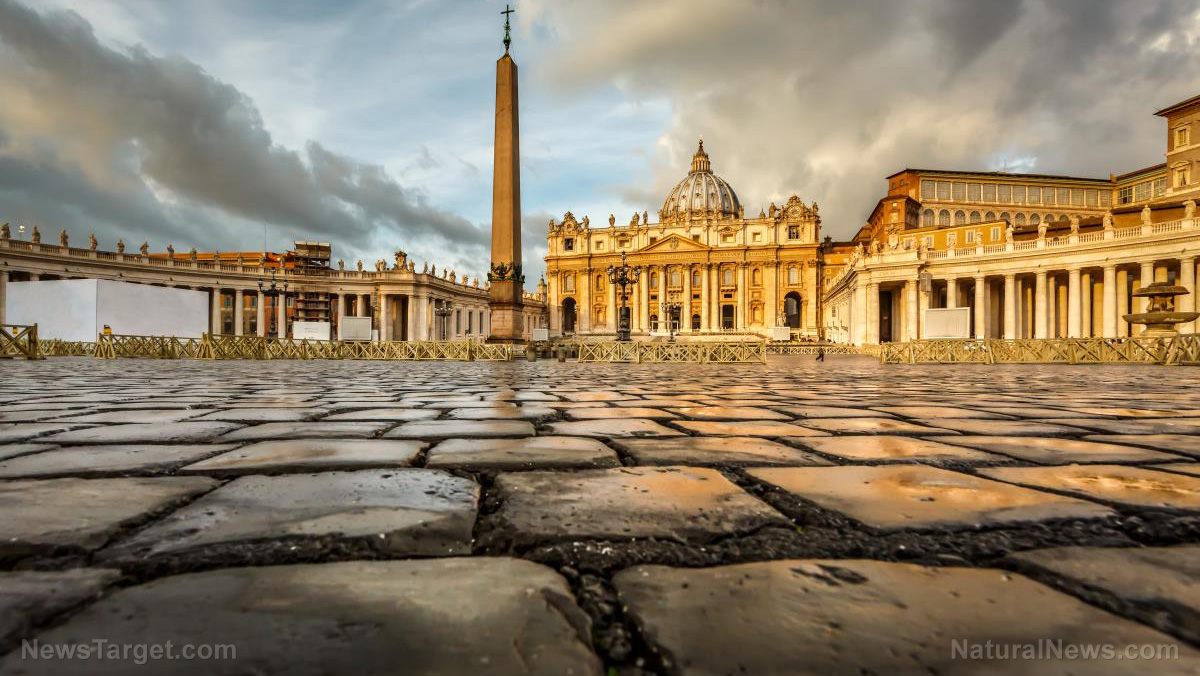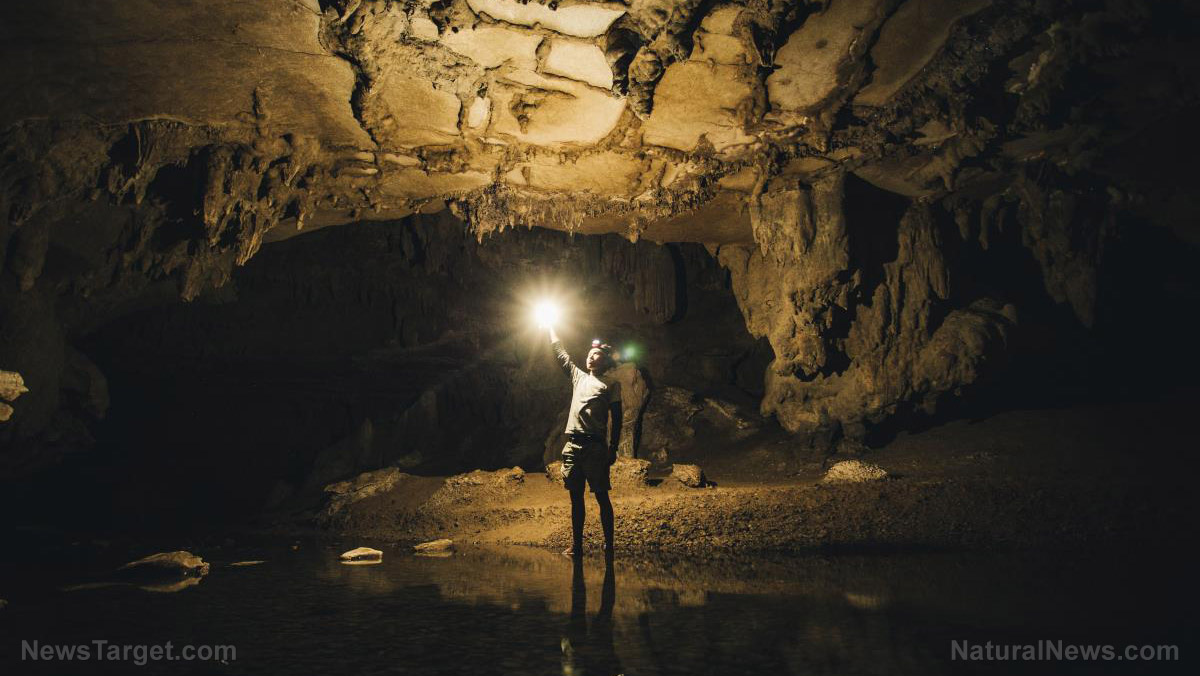The Looming Divorce Between Religion And The Afterlife
09/14/2016 / By prophecynews

Almost everyone thinks that the afterlife is a religious concept. Most Christians assume that heaven and hell are revealed to us by God in the Bible and that we would have no inkling of their existence otherwise. Hindus think the same way about their scripture, the Vedas, which tell of a series of reincarnations governed by the law of karma. Muslims are just as dependent on the Quran for information about what follows death.
Article by Stafford Betty
But recent consciousness research, an entirely secular enterprise, has also a lot to say on the subject. This research is being presented in books with titles like Victor and Wendy Zammit’s A Lawyer Presents the Evidence for the Afterlife (2012) and my own When Did You Ever Become Less by Dying? (2016). These books don’t depend on religious testimony for evidence. Their audience is the open-minded skeptic, the agnostic, the seeker, the unchurched. Conservative religious people shy away from this research since it is “unscriptural,” as do many “scientific” people who think that any talk of an afterlife is hopelessly religious and therefore “unevolved.”
Most religious people, at least most Christians, assume that God has something to do with the afterlife. We earn our way into heaven or hell according to the beliefs and deeds of our present life, and God oversees the process, punches our cards, and rewards and punishes as necessary. Consciousness research finds no such God. Death and what follows is entirely natural: (1) our inner being, or conscious self, or soul sheds the body; (2) our inner body hidden by the physical body up until death now shines forth as the outer, or “astral” body, in an astral environment; (3) the individual being that we are, soul and body, gravitates to its proper sector or sphere as naturally as we gravitate toward our friends and family on earth, or at least to what we are familiar with; (4) the habits we built up on earth, both good and bad, govern our otherworld experience from that point on; (5) we live our lives as the beings we have made ourselves to be, for better or for worse, but our will is as free to change over there as it is here.
This of course is a highly simplified view of what to expect at and soon after death. It does not say that there is no God, only that God no more interferes in our lives over there than here on earth. Natural laws govern the afterworld just as surely as they do earth. But the Lawgiver does not make the scene in either world.
This new view is beginning to catch on in contemporary Western society and shows itself in an interesting way: While church attendance is declining, belief in an afterlife is growing, both in the U.S. and Britain. This is especially true among Millennials in their twenties and early thirties. To account for this surprising discrepancy, psychologists sometimes point to Millennials’ sense of entitlement, or the idea of receiving something for nothing. Dr. Ryne Sherman, a psychology professor at Florida Atlantic University, credits the idea that “even if I don’t pray, even if I don’t believe in God, there’s still going to be something in the afterlife for me… It’s sort of an attitude that if there is an afterlife, then God won’t really care if I pray or if I go to church.”
The break between religion and the afterlife shows itself in another way. A 2013survey by the conservative Christian Austin Institute for the Study of Family and Culture found that “32 percent of the group comprising atheists, agnostics, and people of no religion claim to believe that there is life after death.” Approximately the same percentage holds for Britain as well.
I think the entitlement theory sells Millennials short. Millennials are acutely aware of and often fascinated by paranormal phenomena. Many have glimpsed TV shows on the History Channel that speak of reincarnation, deathbed visions, near-death experiences, mediumistic phenomena, electronic voice phenomena, earthbound spirits, and other “weird” topics. And no doubt a few have come into contact with the serious research that analyzes these phenomena scientifically — the sort of research that I do.
The question for me is not why Millennials, and not just Millennials, are inclined to divorce religion from the afterlife, but whether this is good for religion. Will the latest research, all of it secular, be friend or foe?
As I see it, the research we do makes the fact of an afterlife all but certain. Moreover, it links the quality of the afterlife to moral fiber. Nobility of character, old-fashioned goodness, leads to a good starting place following death, stinginess and cruelty and laziness to a bad. Something like a law of karma is vouched for in almost every otherworldly communication. What is not mentioned — ever — is meeting God at death. Immediate entry into an undeserved heaven is not going to happen. We are “pilgrims on an infinite march,” as one communicator puts it. Many stages await us. There is plenty of time. Deathbed conversions “just to make sure” won’t help.
As things stand now, religion on Sunday mornings is competing with NFL football, NASCAR, and a host of other activities that vie with it for time, including sleeping in; and it’s losing. The picture that emerges from the new research, if adopted by religion, would give it a better chance of competing. In 1996 Pope Paul II made Catholicism more plausible and attractive when in a letter to his bishops he called evolution “more than a hypothesis” — a position publicly adopted by Pope Francis two years ago. Similarly, if a religious leader were to advocate for the new research into the soul and afterlife, his or her enlightened perspective would attract more of the faithful than it would scare away.
Religion should not fear research into the soul and its destiny just because it can’t be found in its scriptures. If it doesn’t update itself on matters of the spirit, it will continue to fade away, as is happening all over “post-Christian” Europe in particular. Religion, wisely administered by a broadly educated cadre of leaders, is good for people. May it open its mind to a higher truth, even if it comes from an unexpected ally.
Read more at: huffingtonpost.com
Tagged Under: Afterlife, religious beliefs


